Dedicated Program Focuses on Heart & Vascular Disease in Women
The Women’s Cardiovascular Center at University Hospitals Harrington Heart & Vascular Institute provides a whole team of specialists to care for women diagnosed with, or at risk for, any heart or vascular condition. Nationally recognized for providing the best outcomes, our experts have advanced training and extensive experience in customizing treatment to meet the very specific needs of women.
Make an Appointment
Call 216-844-3800
Find a Women’s Heart Health SpecialistProviding Customized Treatment Plans
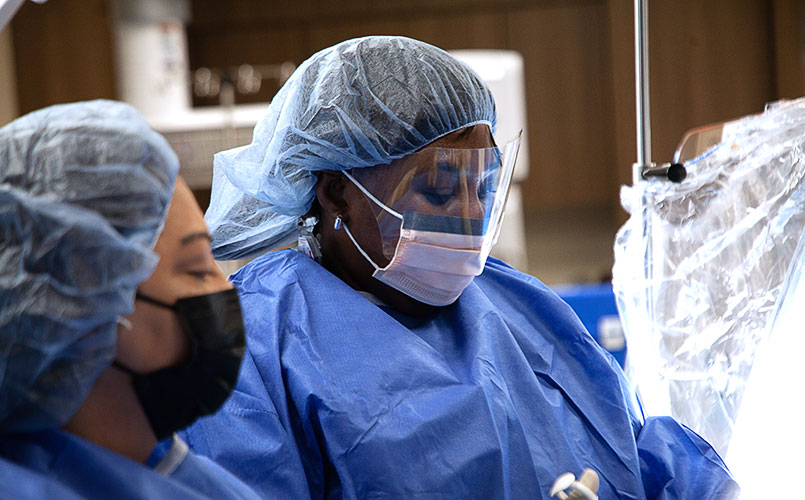
When creating a treatment plan, experts within the Women’s Cardiovascular Center consider the unique ways in which heart and vascular disease manifests in women of all ages, as well as potentially complicating factors such as pregnancy, chronic inflammation, breast cancer and menopause. The highly specialized expertise provided through this program supports an early, accurate diagnosis and effective treatment for the best possible results.
Personalized treatment plans are developed for each patient based on their age, risk factors, symptoms and test results. Treatment strategies may include lifestyle changes, medication(s), noninvasive interventions and/or surgery. Our team is experienced in managing every aspect of heart and vascular disease in women, offering advanced diagnostic capabilities; traditional and complex interventional and surgical options; and a full spectrum of support services including fitness training, tobacco cessation and cardiopulmonary rehabilitation.
Women and Heart Disease: What You Need to Know
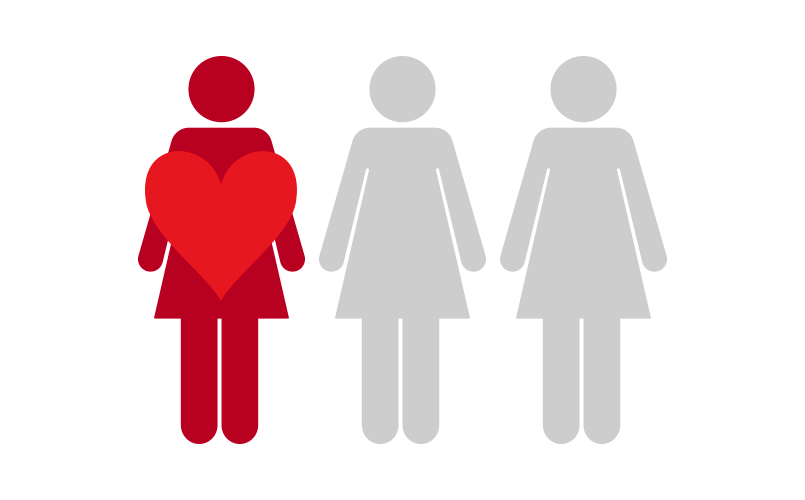
More than 1 in 3 women are living with some form of heart disease.
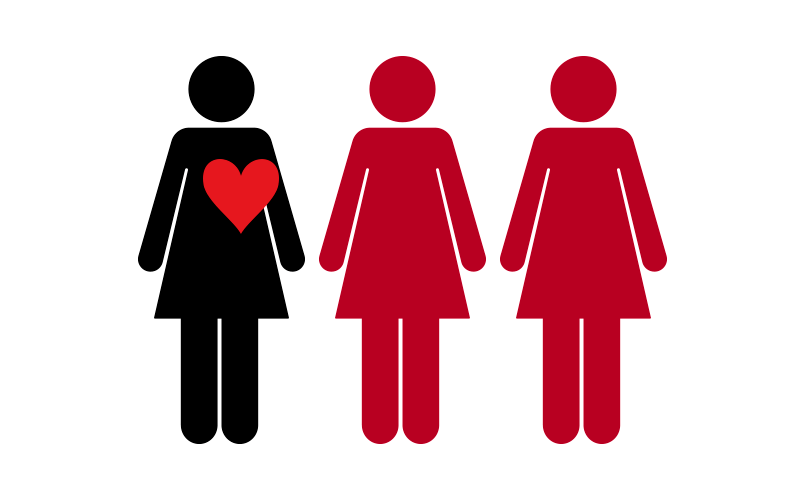
Heart disease causes 1 in 3 deaths among women each year – more than all cancers combined.
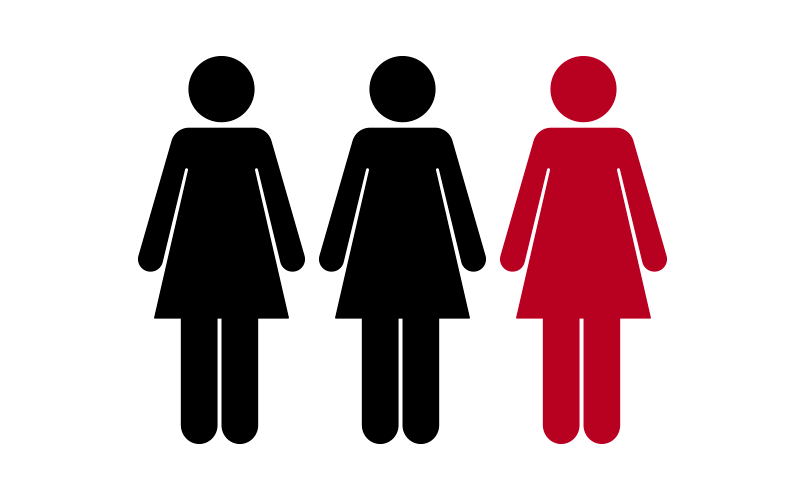
Nearly two-thirds of women who die from heart disease had no previous symptoms.
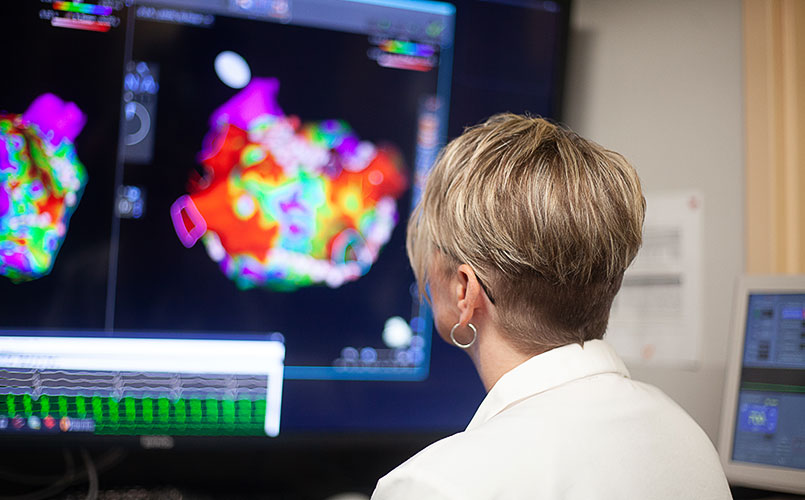
Heart Disease Affects Women Differently
While some risk factors are common to both men and women, a number of issues have been identified that make heart and vascular disease especially dangerous to women. These include:
Less Common Symptoms
Women may experience symptoms that seem unrelated to heart disease, and are often dismissed as being related to stress, anxiety or age. While men more typically describe experiencing chest pain, women often report:
- Pain in the jaw, neck or shoulders
- Unusual fatigue
- Sudden sweating (cold or clammy feeling)
- Shortness of breath (with or without chest discomfort)
- Dizziness
- Nausea or indigestion
- Numbness in hands or fingers
Biological Differences
Biologically, women generally have smaller hearts and blood vessels, with thinner heart chamber walls and finer arteries, so heart or vascular disease may develop differently. Women also have fewer red blood cells than men to carry oxygen throughout the body.
Reproductive Risk Factors
Health conditions specific to women can increase the risk for heart or vascular disease. These include:
- Early or late age at first menstrual period
- Polycystic ovary syndrome
- Pregnancy-related diabetes, hypertension or preeclampsia
- Pregnancy-associated cardiomyopathy and peripartum cardiomyopathy
- Placental abruption or who delivered preterm
- Premature menopause (before the age of 40)
- Use of hormone therapy for birth control or menopause management
Chronic Inflammation
Women have a greater lifetime risk for developing heart or vascular disease if they have a condition that produces slow, long-term inflammation in the body. These include:
- Lupus
- Psoriasis
- Rheumatoid arthritis
- Ulcerative colitis or Crohn’s disease
Cancer Treatments
While chemotherapy or radiation can support a cure for Hodgkin’s lymphoma or breast cancer, sometimes these treatments may lead to heart dysfunction in women, either during the course of treatment or years later.
Delays in Getting Care
Women often experience delays in care, putting the needs of others ahead of their own or by seeing a provider who lacks expertise in recognizing the subtle symptoms of heart disease that are unique to women.
Proud Local Presenting Sponsor of Go Red for Women®
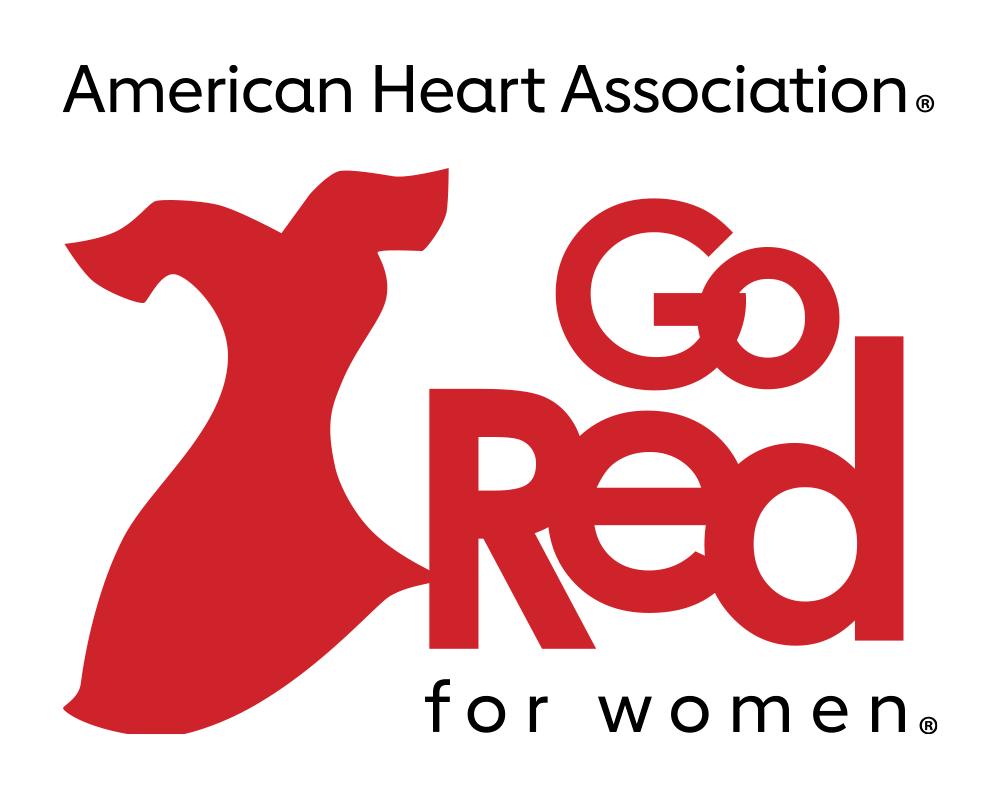
The American Heart Association’s Go Red For Women campaign is a special year-round movement that educates women about the risks of heart disease and seeks to empower women to take charge of their heart health.
Recognizing the need to help the AHA with this cause, University Hospitals Harrington Heart & Vascular Institute joined the Go Red For Women campaign as the local presenting sponsor in 2006. With more than 20 years in this leading role, our combined efforts have resulted in numerous community outreach programs designed to educate women about the signs and symptoms of heart disease, encourage early detection, and support lifestyle changes to lessen individual risk.
Our Doctors
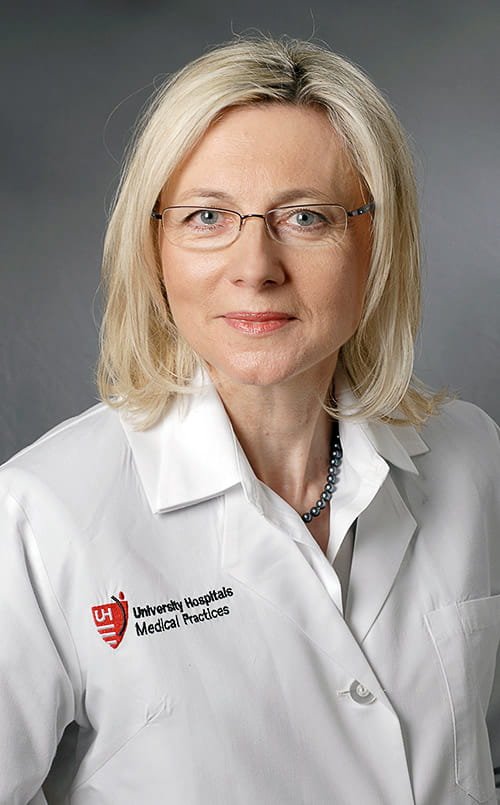
Ewa M. Gross, MD, PhD
Medical Director, Women's Cardiovascular Center

Stacey Mazzurco, BSN, RN
Administrative Director, Women's Cardiovascular Center


